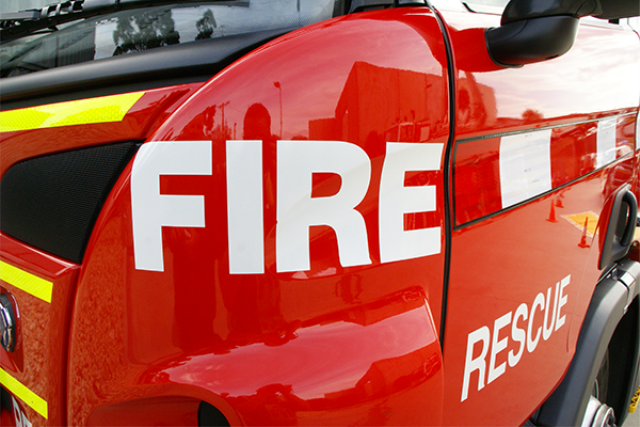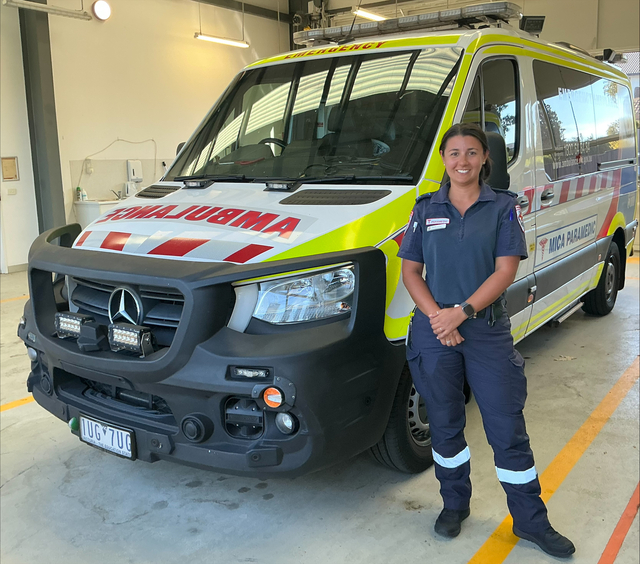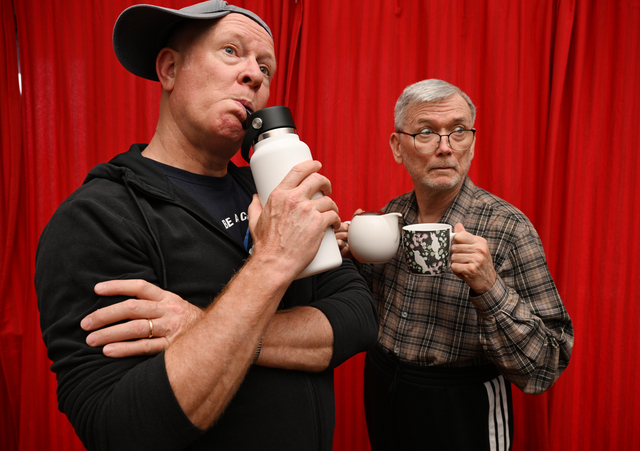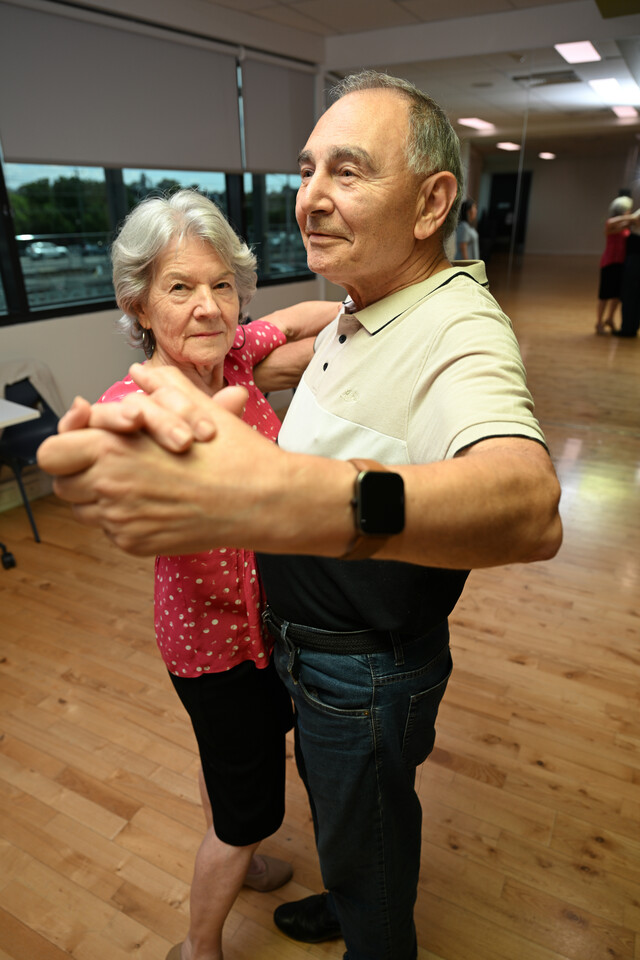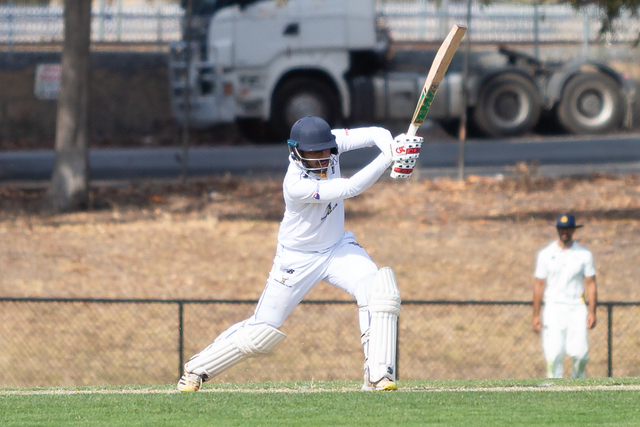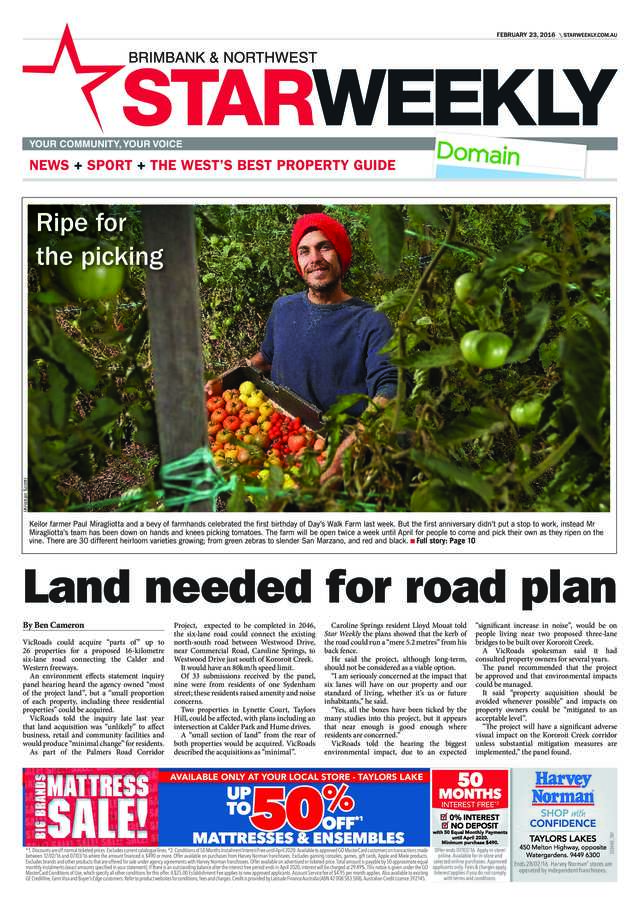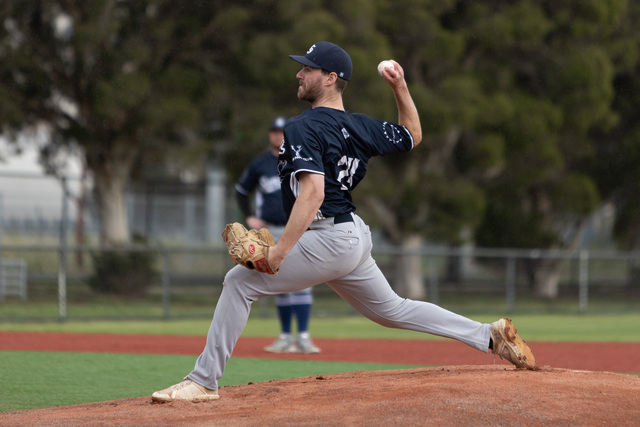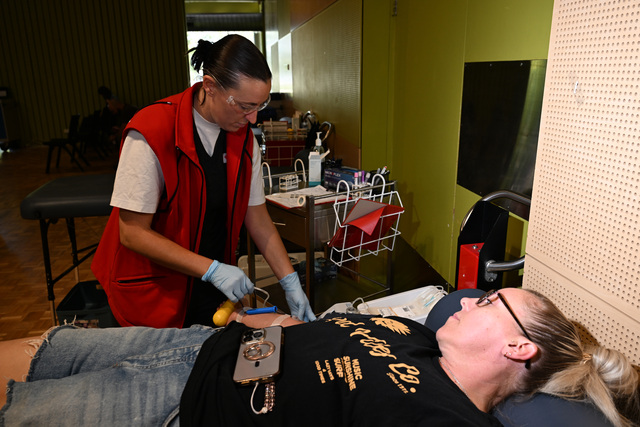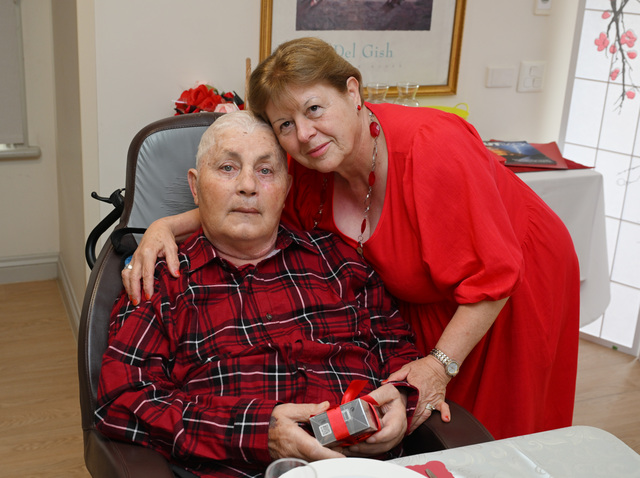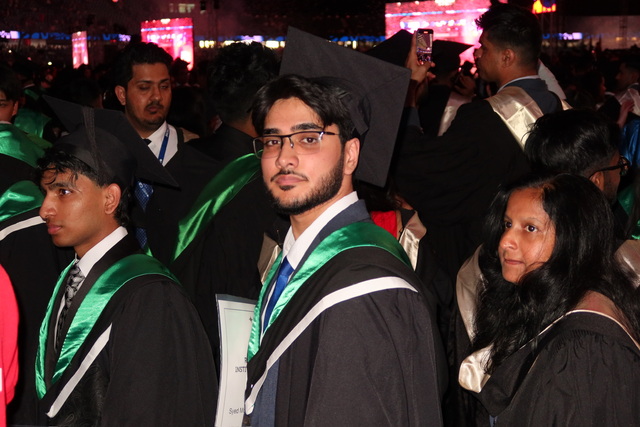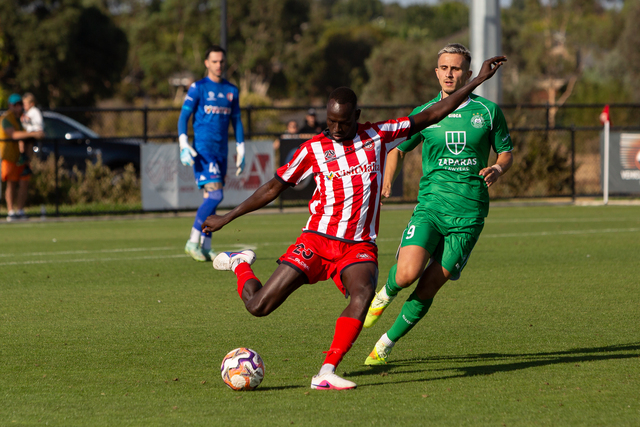Selling Australia is about way more than golden sands and lithe-limbed girls, Sarah Czarnuch firmly believes. And she should know. Growing up minutes from some of the Surf Coast’s best beaches and 177 centimetres tall, the reigning Miss Tourism Australia has both bases well covered.
Czarnuch is also a savvy young Deakin University journalism and public relations graduate, quite capable of deftly deconstructing a stereotype. Even so, it comes as a surprise when she identifies “people and their stories” as one of the nation’s most important untapped tourism assets
“It’s our stories that connect us to the wider world, and help people feel they can identify with us and us with them,” she says.
It’s a lesson brought home in a real way recently when Czarnuch sat her grandmother Ursula down and asked to be told the story of the Polish grandfather who died years before she was born. Until then, the 22-year-old had only the vaguest outline of Jan Czarnuch’s painful history.
She learnt her paternal grandfather was orphaned at age 16 when the family home was destroyed by bombs before the liberation of Poland in World War II. Jan would spend months in a displaced persons’ camp before being resettled, separately from his older sister, as one of the great wave of post-war refugees.
He arrived in Australia on September 15, 1949, with only a few basic English phrases, gleaned on board ship, to join thousands of other migrants at the less than hospitable Bonegilla Migrant Reception and Training Centre near Wodonga. Eventually settling in Geelong, Jan toiled as a blue-collar worker to ensure his own four children enjoyed the education and opportunities he was denied. Receiving citizenship in 1973 was one of his proudest moments, but the privations of his youth took their toll and by 54 he was dead.
“Learning of everything my grandfather went through and overcame was incredible,” Czarnuch says. “I’m here today because of him, a product of his determination and strength, and am so proud of the Czarnuch name.
“Australia is such a multicultural country and I’m very much proof of that. It’s a message I really believe we can do more to sell to the world.”
As the fourth Miss Tourism Australia, Czarnuch is the local sash-bearer of an international competition that began in 1994 and is now contested in 76 countries. In a nutshell, her role is to help promote Australia as a tourism destination and develop our tourism industry – a key economic sector worth more than $35 billion a year and employing more than 500,000 people.
Czarnuch was one of 1500 girls who entered the Miss Tourism Australia contest online last year, making the cut of 300 who competed in various events, before triumphing at the national final last November.
Beyond beauty there’s an expectation Miss Tourism will be an articulate, knowledgeable, poised and hard-working voluntary envoy for her country, and Czarnuch has risen to the challenge with a wide variety of public appearances at events such as the Rip Curl Pro and an upcoming trip to China with sponsor, Shearers Ugg.
Between the Miss Tourism role, modelling work and her home-town commitment as ambassador of the Geelong Hospital appeal, her calendar is full.
So it grates just a little when people question Czarnuch on the relevance of such pageants in the 21st century, and her decision to enter.
“You are always going to get people who say, ‘Why do we need a pageant girl?’ Well, I am educated, I have just completed a degree, I have skills and ideas. It’s so easy for individuals to dismiss beauty pageants as nothing more than a sexist activity where females are graded based purely on their physical attributes. This could not be further from the truth, because the majority of girls I have come across have degrees or are studying, are actively involved in their communities and are constantly striving to improve their future.”
During a month spent in Malaysia in preparation for the Miss Tourism International quest this January, Czarnuch, who finished second runner-up in a field of 60 girls, found attitudes toward Australia were largely positive, if a little cliched.
“People are of course familiar with landmarks like the Opera House and Harbour Bridge, but when they see photos of Melbourne, of Lygon Street, Chinatown and of the lanes, it’s not at all what they expect. I think Crocodile Dundee, Steve Irwin stuff has created this lasting outback image.
“I don’t see anything wrong with a cheeky catchphrase as long as there is some substance to back it up. Sure, throw a shrimp on the barbie, but also showcase our amazing fine-dining restaurants, the exciting food culture.”
It’s a clever idea, really, to sell Australia to the people of the world by reminding them they are already part of our story.
And what would be your catchphrase, I ask this shimmering granddaughter of an eastern European post-war refugee.
“Australia – we’re not that far away.”


